«An ecological disaster is waiting to happen»: the communities of the Mykolaiv Oblast may be left without high-quality water due to the situation with the Inhul River
- News of Mykolaiv
-
•
-

- Alona Kokhanchuk
-
•
-
14:35, 02 October, 2024
In the Mykolaiv Oblast, due to the silting of the Inhul River, the population of the villages may be left without drinking water. Water quality indicators are deteriorating every year.
This was discussed at the meeting of the commission on ecology, environmental protection, rational nature management, tourism and recreation of the Mykolaiv Regional Council.
Deputy of Mykolaiv Regional Council Vitaly Homersky said that the river passes through the following communities: Pryvilne, Kazankivka, Snihurivka, Novyi Buh, Bashtanka, Shyroke. Inhul is the only source of fresh water for the population. Currently, the channel is silted up and needs to be cleared.
Also, according to him, the Sofiivka reservoir within the Bashtanka district, which was built in 1968, also suffers from siltation of the river.
«A certain flow of water was formed. The icebreaker provided cleaning in front of the coastline from debris, combed shoals. The glacier has been missing for 10 years. As a result, we have siltation of the riverbed, which cannot be cleaned. Improper land management. «Plowing close to the banks leads to the demolition of land into the river and siltation,» says the deputy.
He also added that about 100,000 people are supplied with water from Ingul.
«I spoke with the head of the Bashtanka Municipal Waterworks. He reports that water intake is extremely difficult,» says Vitaly Homerskyi.
He proposed to carry out an environmental examination and develop a plan for cleaning the riverbed.
Deputies of Pryvilne village community of Bashtanka district were also present at the commission. They noted that this issue is very important for the local population, because people have almost no water in their wells.
Alla Riazhskykh, head of the environmental commission of the Mykolaiv Regional Council, added that the community is facing an ecological disaster. According to her, the National Ecological Center of Ukraine conducted a study of drinking water in the village of Dobrokamianka, and the results were poor.
«That is, an ecological disaster is waiting to happen... What can I say, chap. If we don't do something in this direction, we won't even have that kind of water. Water must be cleaned. Because all indicators exceed the norms. We can only guess what we’re drinking,» she said.
At the same time, the head of the department of water relations and basin interaction of the Regional Office of Water Resources in the Mykolaiv region, Anatolii Hryshchenko, said that the water of the Inhul River is suitable for water supply.
According to him, in August and September, the water content of the river was below normal, but the intake of water at the Sofiivka reservoir is controlled. However, he noted that there is siltation of the river, but cleaning measures are not currently being carried out.
«In terms of the quality of the Inhul River, there is an excess, but not in all sections. There is a natural background of the river, it has more dry residue and greater rigidity. This is a natural background. The concentration of pollutants is significantly lower than the MPC (maximum permissible concentration, — approx.) for water supply. That is, it cannot be said that this water is completely unsuitable for water supply,» Anatolii Hryshchenko
The Mykolaiv regional state administration noted that they are engaged in cleaning projects of only small rivers, and Inhul is not one of them. Therefore, they cannot take appropriate measures either.
The members of the commission decided to turn to the State Water Agency with a proposal to develop a technical and economic justification for the project to clean up the large rivers of Mykolaiv Oblast. And then look for funds from the state budget or donors.
Recent news about: Mykolaiv RMA (OVA)


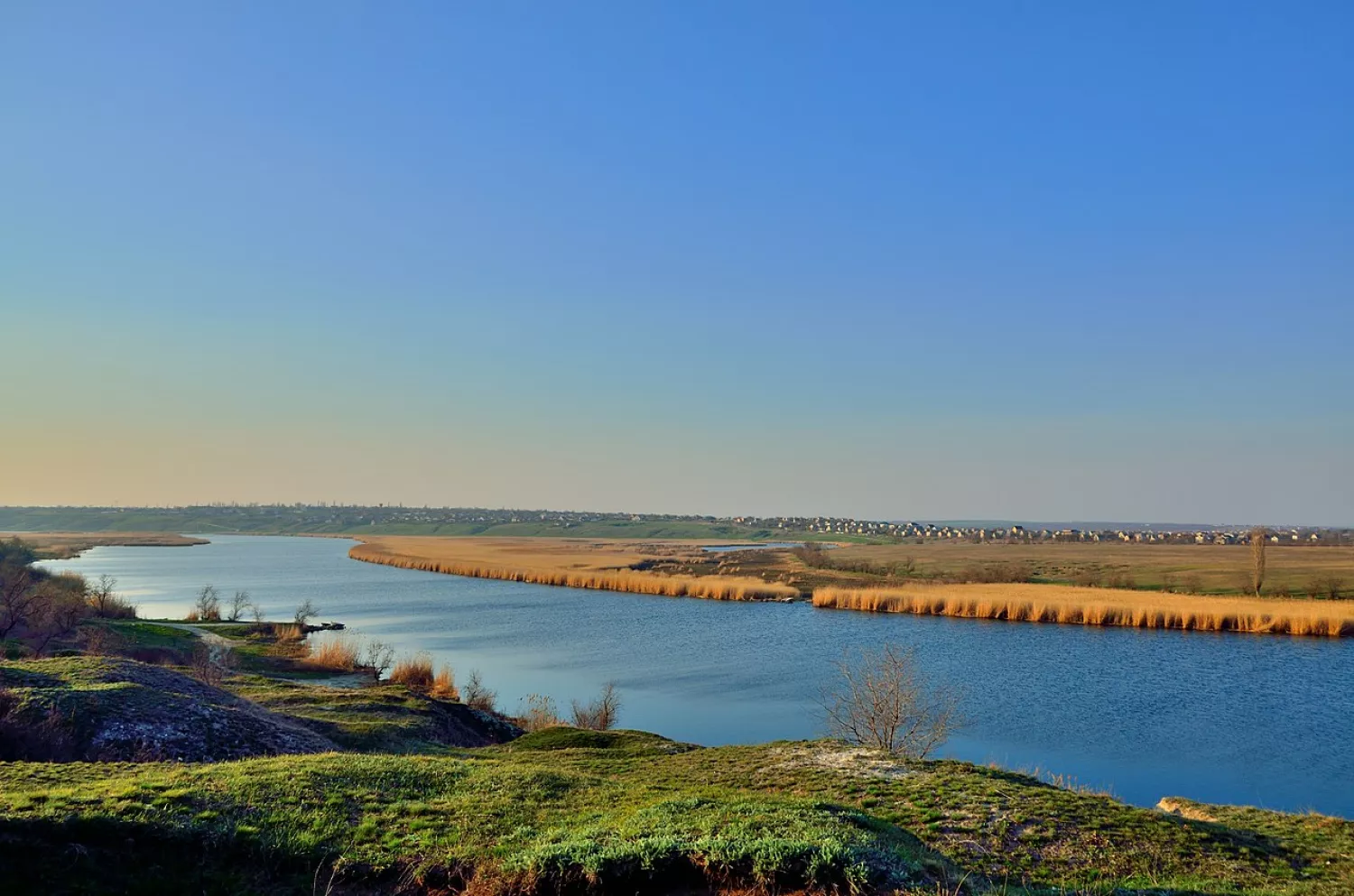
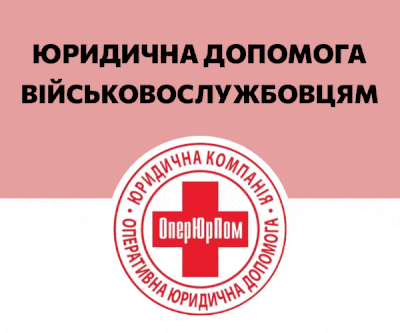
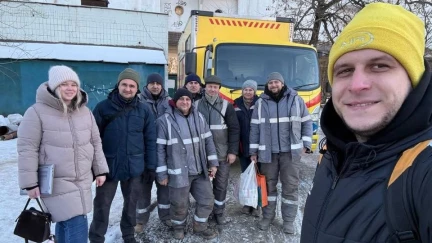

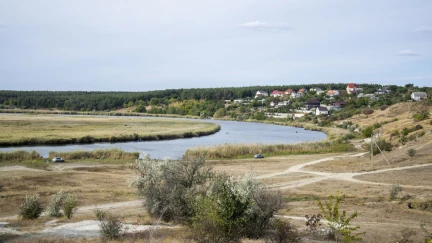


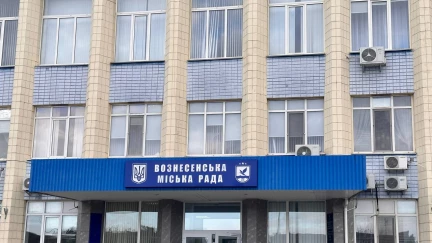
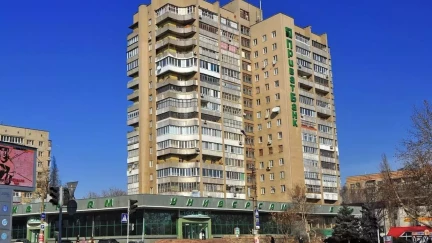

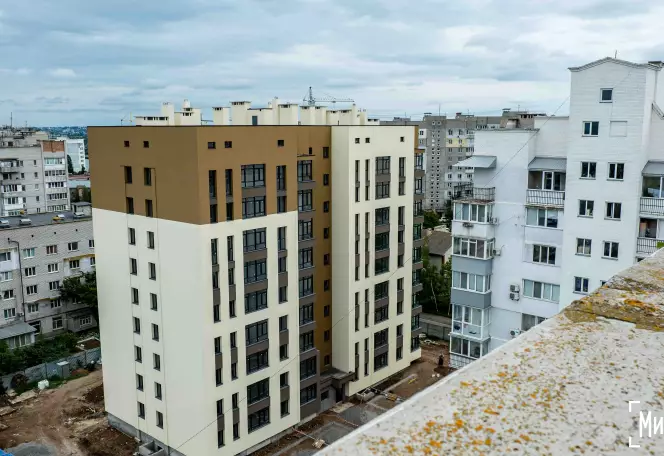
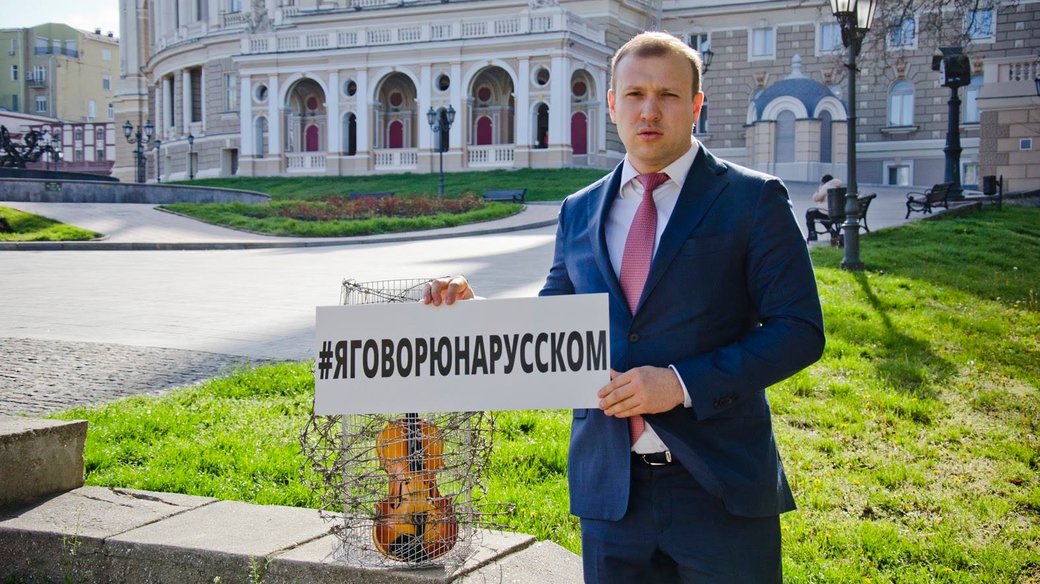
To join the conversation, please log in to the NikVesti website.